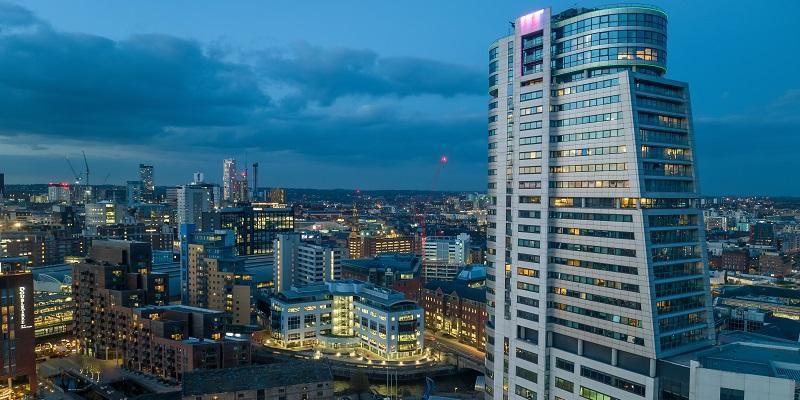Local Climate Bonds are a breakthrough for net-zero delivery

An innovative green finance project that piloted a new form of crowdfunding for local net-zero projects has raised over £7 million across the UK.
Research found that local authorities did not have the financial capacity to deliver the changes required to reach net-zero in their communities.
Professor Mark Davis, in the School of Sociology and Social Policy, worked with local authority partners in Bristol, the Isle of Wight and Leeds, as well as the Green Finance Institute, Abundance Investment and the public sector organisation Local Partnerships to create a solution.
They created Community Municipal Investments (CMIs), a form of crowdfunding in which local people invest in their council’s green projects.
Local Climate Bonds
The Local Climate Bonds, as they’re marketed, are tied to projects such as solar panels for school buildings. This ensures that the money raised goes directly to a project focused on climate action, rather than being used in other areas of the council.
Members of the public can invest in the bonds from as little as £5. The model uses debt or equity structures to make sure the public investors receive a financial return.
These investments offer less expensive options for councils and lower risk for investors.
The pilot, hosted by West Berkshire and Warrington councils, was incredibly successful. The two areas raised £1 million each towards projects tackling climate change.
In West Berkshire, one in six investors even donated their first interest repayment back to the council for a rewilding project, signalling positive sentiment and belief in the model as a system for change as well as a good investment.
There are further positive effects of the bonds on communities. They are a positive way for local authorities to connect with their residents, and they empower communities to take positive action on the climate crisis – something that often feels difficult or overwhelming for members of the public.
The initiative has since been adopted by eight additional councils, with more to announce this year.
The success of this project highlights the importance of local, place-based and people-centred approaches to sustainable living solutions.
Net-zero neighbourhoods
For individuals and families, researchers at the University of Leeds are investigating the best ways to encourage pro-environmental behaviour.
Professor Davis explains that “the climate is often not the biggest motivator for people to change their lifestyles. Comfort, convenience, aesthetics, desirability and family aspirations typically shape how people make decisions.”
Another of his sustainability projects, Net-Zero Neighbourhoods, focuses on shifting people’s aspirations to include sustainable and energy-efficient developments.
He worked alongside Professor Lucie Middlemiss and Dr Anne Owen from the School of Earth and Environment and the Sustainability Research Institute, as well as scholars from the Universities of Strathclyde and Sussex.
They explored ways to communicate with the public to build trust and understand homeowners’ wants and needs by investigating the social relations of retrofit.
The Net-Zero Neighbourhood website explains how government grants and actions are necessary, but so are “bottom-up” solutions. These must work for each area and build upon the processes people already go through to better their homes and living situations.
He says: “To achieve net zero targets, we must adopt a place-based, people-centred approach.
I would love Yorkshire’s authorities to take a lead on decarbonising homes and work with the University to develop local solutions to this challenge.
The team are now in the bidding stage to create the first Centre for Responsible Investment in Sustainable Places (CRISP).
They will continue to work with partners, such as organisations that deliver sustainable retrofitting to homes, to make their processes and communications more efficient.
This is part of the initiative to encourage uptake in pro-environmental behaviour by making it as smooth as possible for those making a change to their living situations.
These projects represent innovative and collaborative solutions to economic and social barriers to environmental projects and behaviours at various levels of communities.
By introducing multiple bottom-up approaches, residents and authorities can be empowered to make positive changes and support the delivery of net-zero across the UK.

